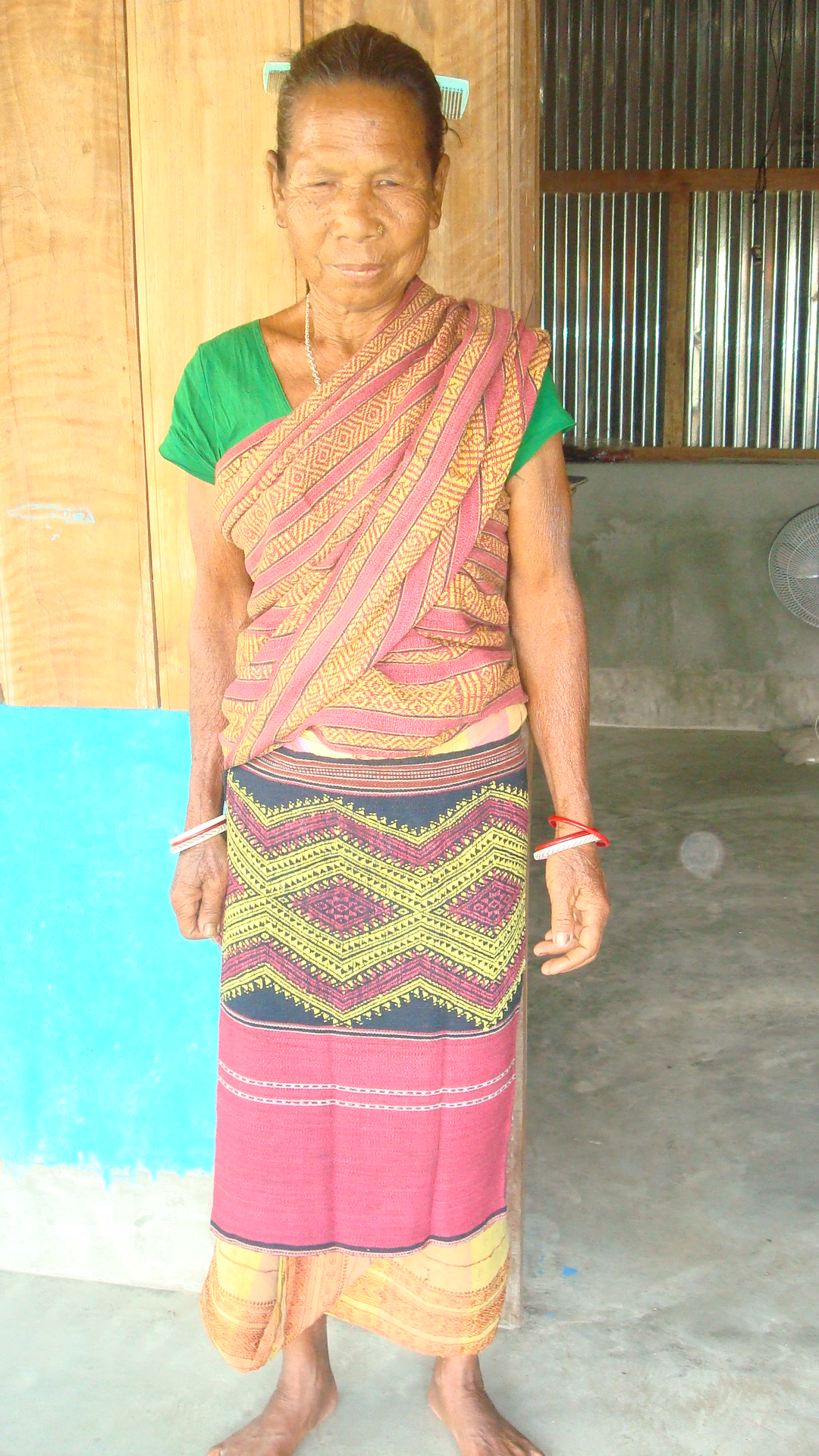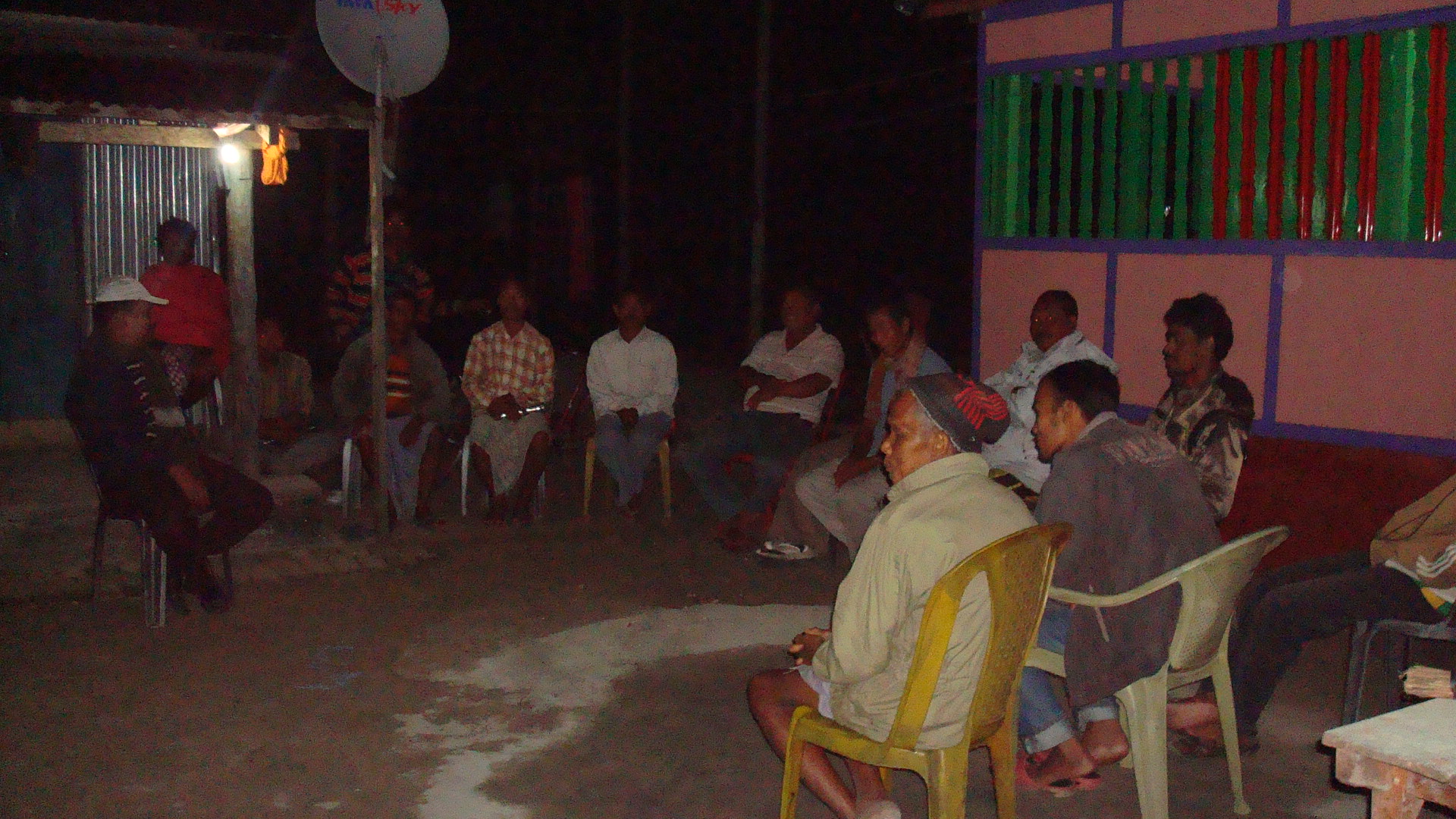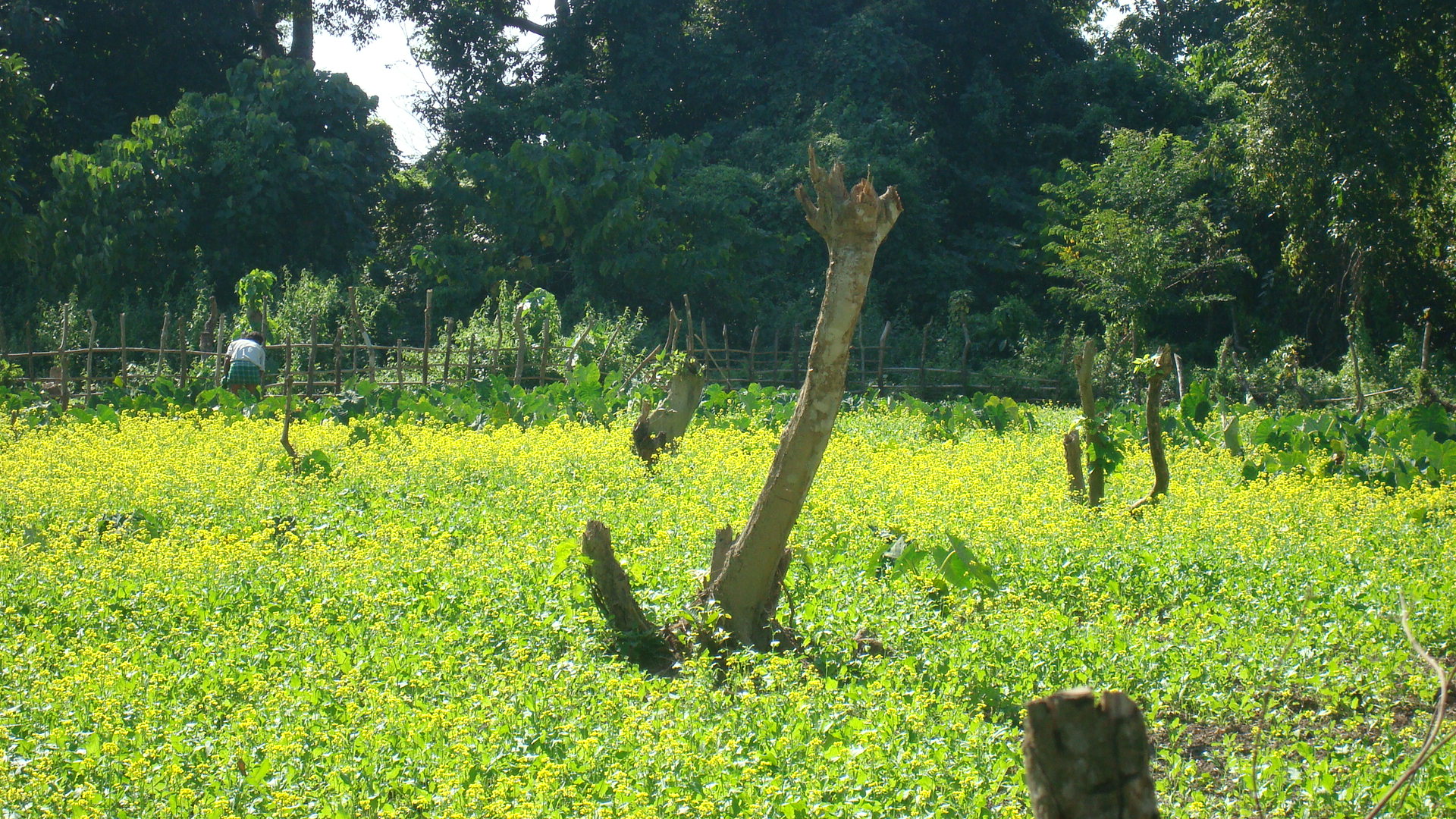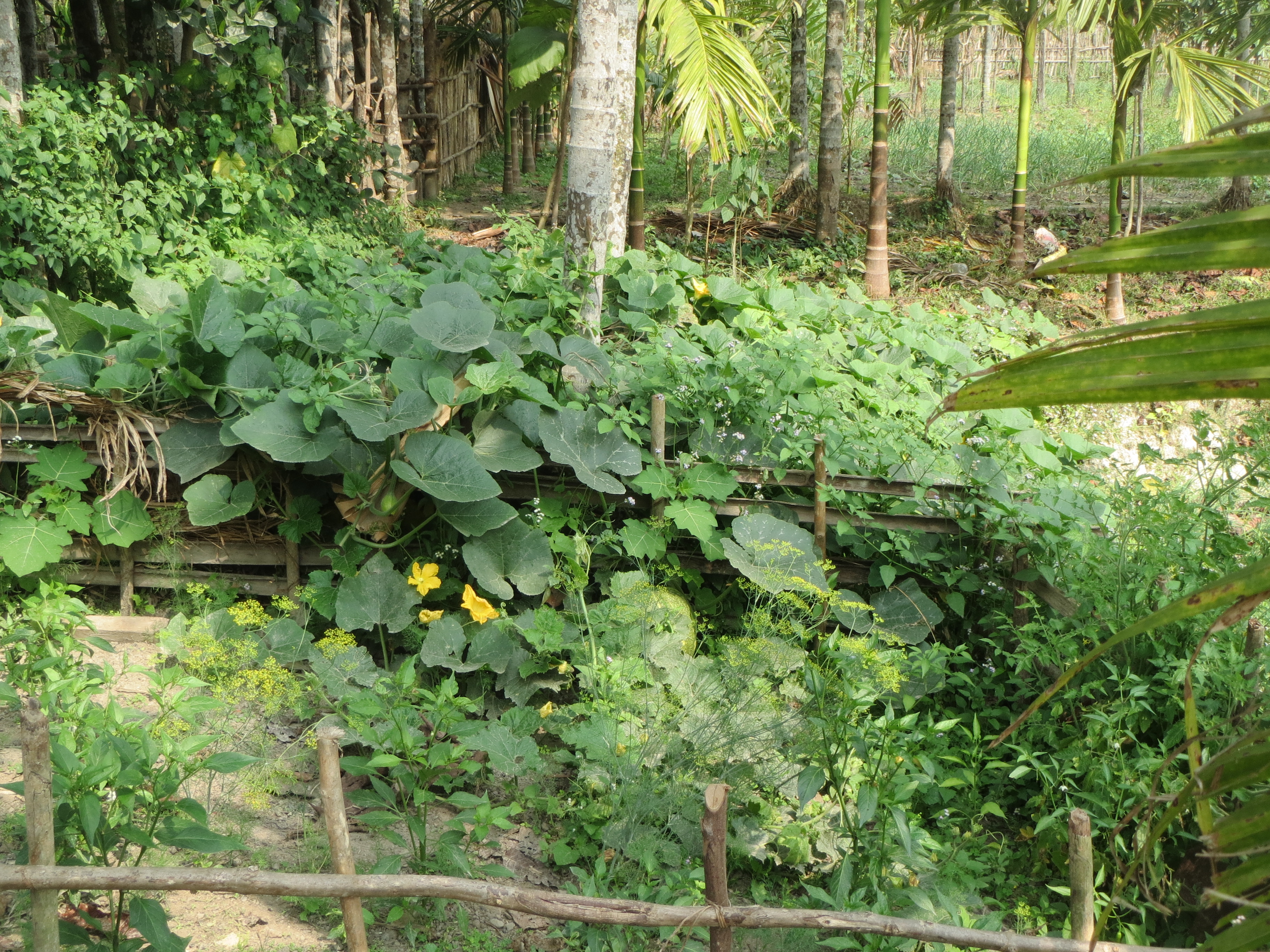Completed: Household Food Security and Nutritional Status of the Rabha Tribe in Jalpaiguri district of West Bengal, India
Summary of the findings “ It is an established fact that the Indian tribes suffered by recurrent food shortage and malnutrition with low socio-economic status. However, the problem is further complicated among those tribal groups, who live in fringe forest areas. In order to understand this habitat specific dilemma on food security and nutritional status, the present study aims to investigate the status of food security in household level and nutritional status in individual level and its association with some selected socio-economic parameters along with the consumption coping strategies among the Rabha tribe living in fringe forest areas. The cross-section data of household food security status, dietary consumption, anthropometric variables and socio-economic characteristics was collected through pre-tested structured schedules and standard techniques from 207 sampled (cluster sampling) households from four forest villages located in Kalchini block of Alipurduar district in North Bengal, West Bengal, India. The results revealed that 34.30% of households were food insecure and food insecure households were significantly (p<0.01) lower per capita income, expenditure and food expenditure compared to their food secure counterparts. More of the food insecure households were living in Kaccha houses, did not possess any cultivable land, low standard of living index, low possession of livestock, retained traditional religious belief, BPL card absent and illiterate household head. The occurrence of less agricultural production may be due to lack of irrigation throughout the year, wild animal attack, lack of bank credit, unusual climatic fluctuation and finally their unwillingness to cultivate. In individual level nutritional status, the individuals belonged to food insecure group had either normal nutritional status or undernourished (10.67%), where illiteracy, less food expenses and less calorie consumption were major predictors for undernourishment. In contrast, 22.13% of individuals had overnutrition problem and they had sedentary mode of physical activity and high consumption of alcohol and mainly belonged to converted Christian Rabha group and majorities of them belonged to food secure household. They adopt various options of consumption coping strategies like purchased food on credit (77.78%), gather wild food, hunt or harvest immature crops (25.60%), borrow food, or rely on help from friends or relatives (20.77%). Therefore, the Rabha people living in forest fringe areas of north Bengal, India had moderate food insecurity problem but a strong socio-economic inequalities persist between households. As a result double burden of malnutrition (both under and over nutrition) is present in the studied group. This is mainly because of invent of Christianity before 30-35 years in these areas, which gradually forced them to change their traditional mode of life and to adapt the different traits of modernization, which have reflected in their diet pattern, dress, sedentary activity and finally ignorance of their traditional religious beliefs and practices. Therefore, the establishment of socio-economic equity and equality is remained a great challenge for planner for sustainable food security in this area and specifically among the Rabha tribes. However, irrespective of food security condition, it is merely urgent to convert these forest villages into the revenue villages, which is one of the major directions as per Recognition of Forest Rights Act, 2006 as an earliest. Without that conversion, the effective planning and development program on food security will not be possible to this community as a whole. Therefore, the understanding the complex interaction between factors of food security and nutritional status is imperative to develop and implement effective strategies in micro level population like the present studied community.




